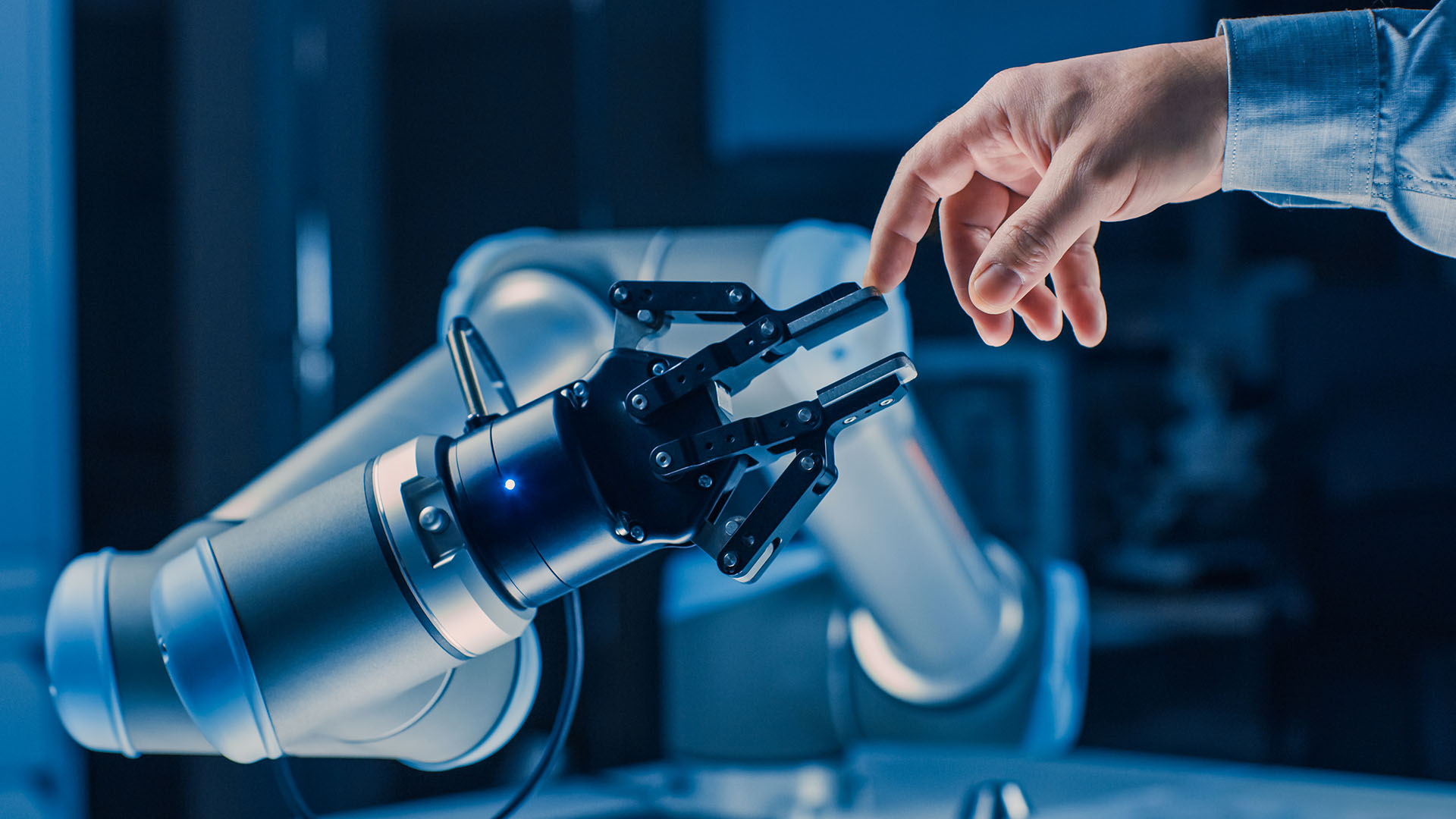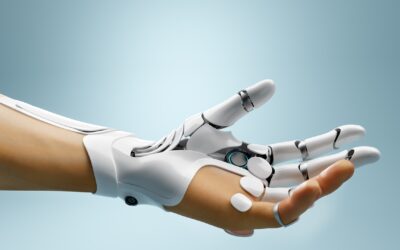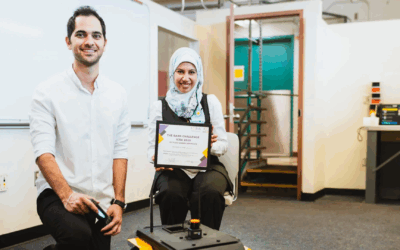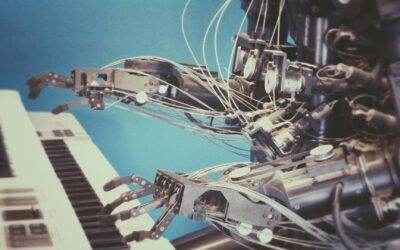The future of work is not about humans being replaced by robots. Rather, it is about us learning to work alongside smart, automated technology that will augment our capabilities while allowing us to focus on skills that are uniquely humans.
We have been sharing our workplaces with robots for some time now – the earliest industrial robots were used in the mid-20th century, usually to carry out routine, manual assembly work on production lines. What makes today’s industrial robots different is that they are capable of carrying out work in a way that is truly autonomous, without needing direct control or input from us to tell them how to do it. This is because they are controlled by artificial intelligence (AI) – specifically software algorithms that use machine learning to enable them to continuously get better and better at their jobs.




